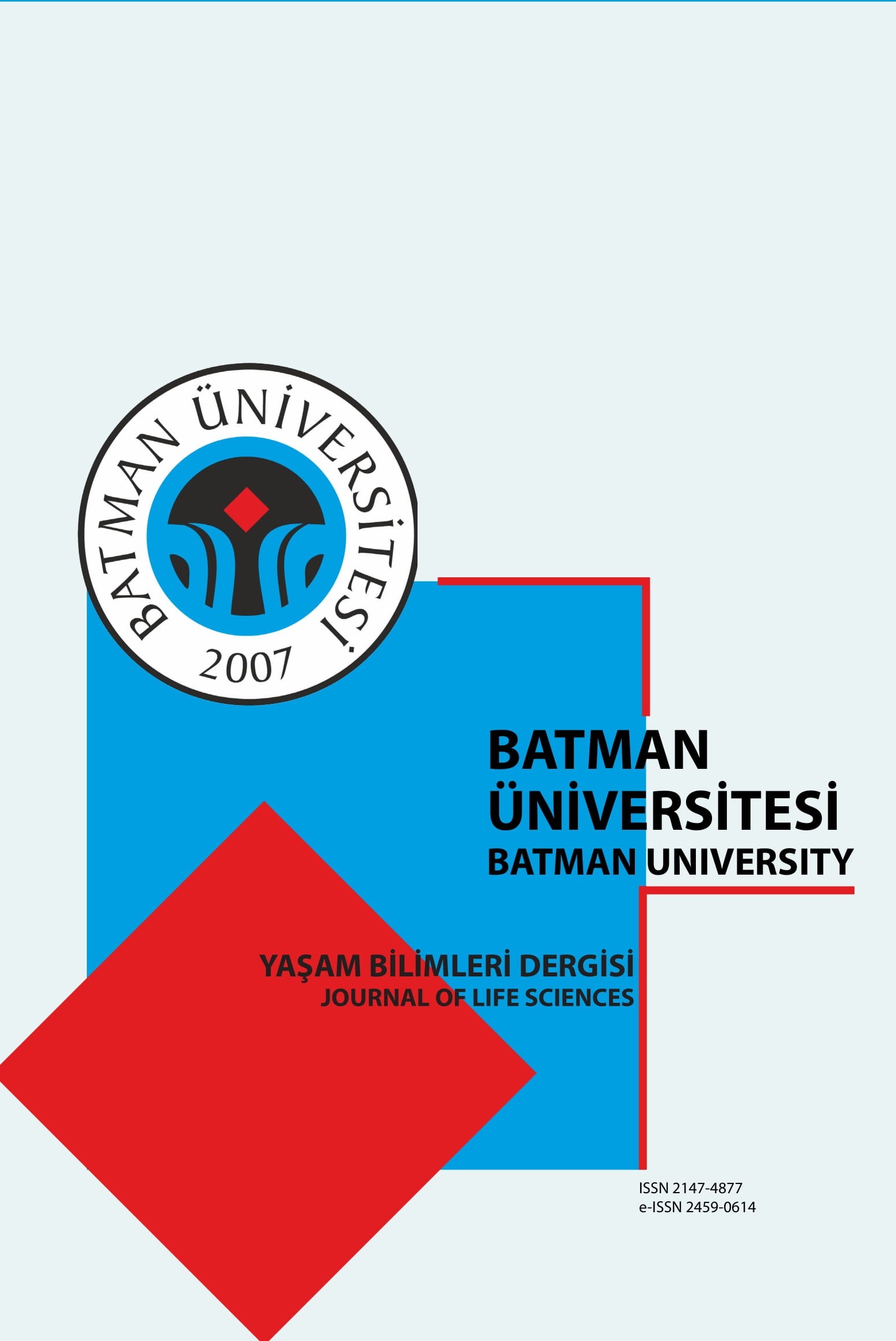BATI ŞERİA DUVAR İNŞASININ FİLİSTİN HALKINA EKONOMİK SİYASAL VE KÜLTÜREL ETKİLERİ
İnsanlığın kendisini duvar örerek, tehdit olarak algıladığı “öteki”ne karşı korumasının örnekleri Roma ve Çin İmparatorluklarında görülebildiği gibi, Ortaçağ döneminin feodal sisteminde ve Yakınçağ’ın Doğu ve Batı Almanya’yı birbirinden ayıran Berlin duvarında da gözlemlenebilmektedir. 21 Şubat 2002’de İsrail Başbakanı Ariel Şaron, Kneset’in ülke güvenliğine bir tehdit olarak görülen ve ötekileştirilen Filistinli direnişçilerin olası eylemlerine karşı bir “tampon bölge” oluşturulması kararı aldığını açıklamıştır. Batı Şeria duvar inşaatı yapılırken, 1949 yılında belirlenen Yeşil Hat çizgisi takip edilmemiş ve İsrail, Batı Şeria topraklarını ilhak ederek uluslararası hukuka aykırı bir eylemde bulunmuştur. İnşa edilen duvar, bölgede yaşayan Filistin halkını hem ekonomik, hem de siyasal açıdan etkilemiştir. İnşa sırasında bazı Filistinlilerin evlerine el konulmuş, bazılarınınki yıkılmıştır. Bölgenin su kanalları gibi altyapı hizmetleri inşaattan zarar görmüştür. Üstelik bölge halkı için önemli olan meyve ağaçları sökülmüştür. Duvar, dışında yaşayanları sınırlı bir alana sıkıştırmıştır. Filistin halkı serbest dolaşım hakkından da yoksun bırakılmışlardır. Bölgenin yerel ekonomisi bu durumdan darbe almıştır. Bu çalışmanın amacı; İsrail’in kendisinden daha zayıf konumda olan Filistin halkına karşı ekonomik ve siyasal gücünü, coğrafi avantaja çevirerek nasıl kullandığının analizini yapmaktır.
The Economical, Political and Cultural Impact of West Bank Wall Construction against Palestinian Public
The samples of the humankind’s constructing wall for protecting themselves from “the others” which they saw as a threat can be seen both in Roman and Chinese Empire, in the feudal system in the Middle Ages and the Berlin Wall in the modern times which was separating the East and West Germany. On February 21, 2002 Israel Prime Minister Ariel Sharon made a statement and said that the government decided on the Kneset to make a “buffer zone” against the possible action of Palestinian resistance who were seen as the others. While constructing the West Bank wall, Israel didn’t follow the Green Line which was determined on 1949 and by annexing West Bank territory Israel made an action against international law. The constructed wall affected the economical and political life of Palestinian people who were living in the region. During construction Israel seized some of the Palestinians houses and some of the others were destroyed. The infrastructure services such as water channels were damaged because of construction. Moreover the fruit trees, which were very important for the people of region, were raveled. The wall, compressed the people who were living in the outside of it. Furthermore, Palestinian people are devoid of the right of free movement. The wall impacted the local economy of the region. The aim of this study is to analyze how Israel is using its economical and political power against the poorer Palestinian people as means of geographical advantage.
